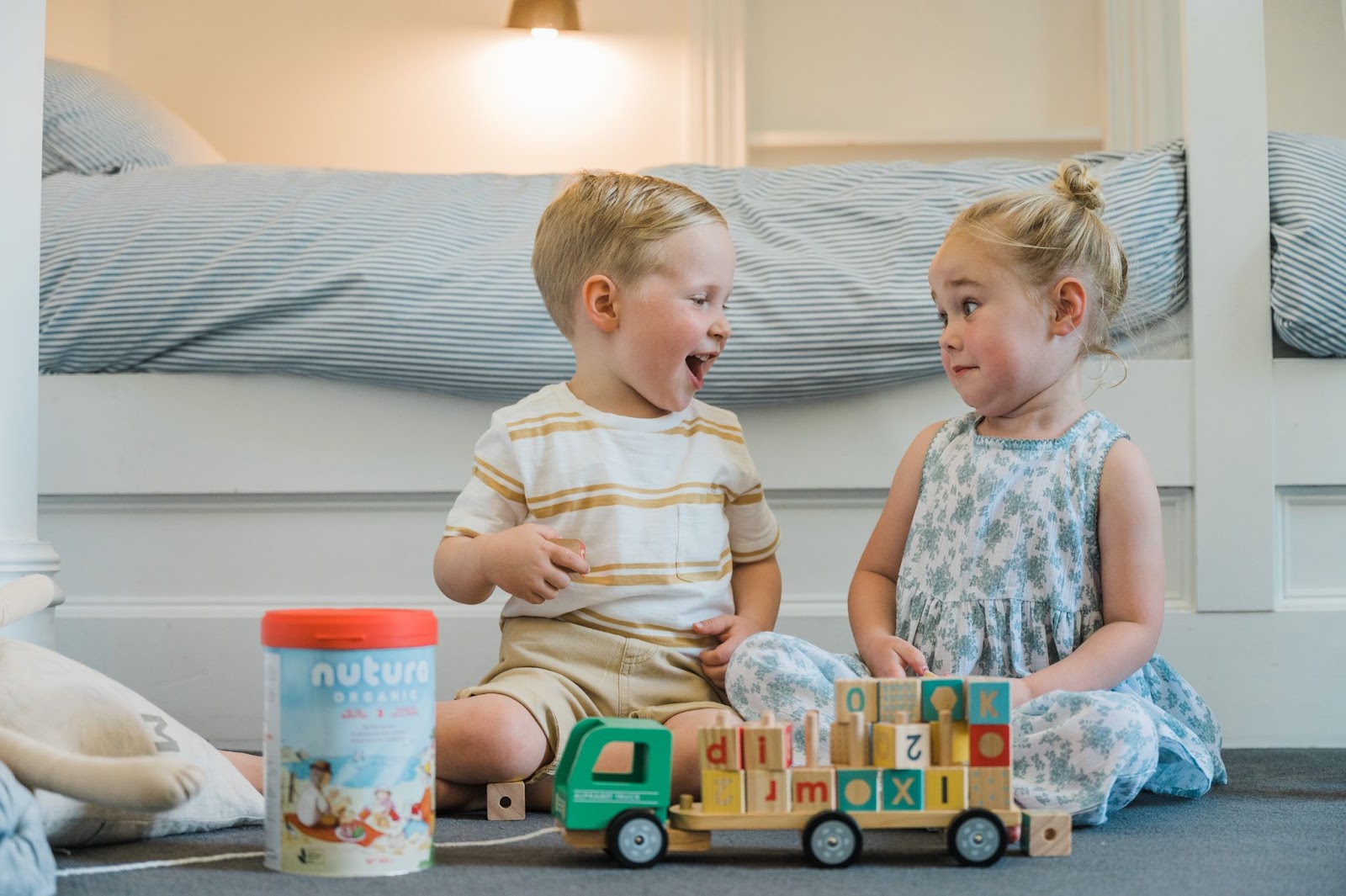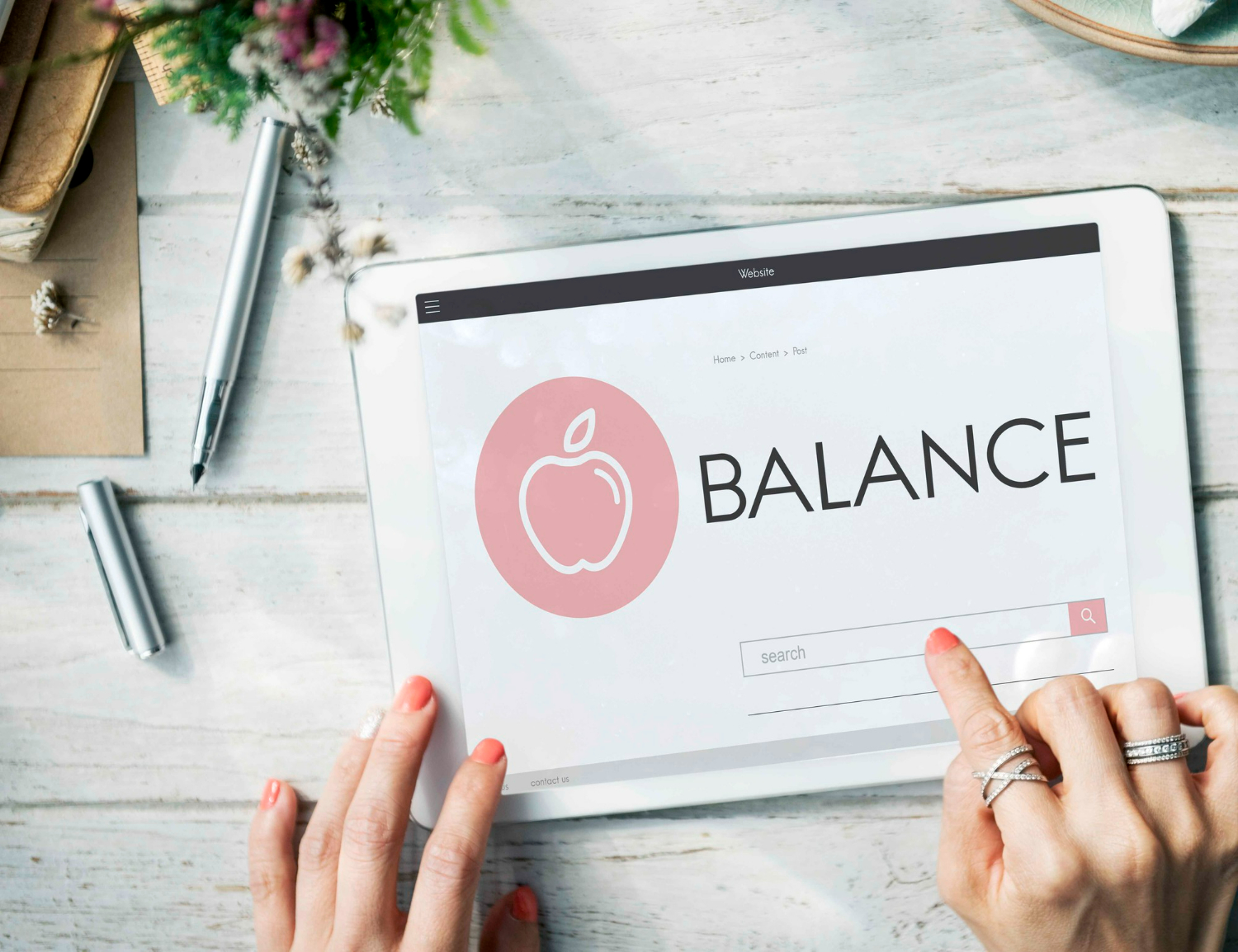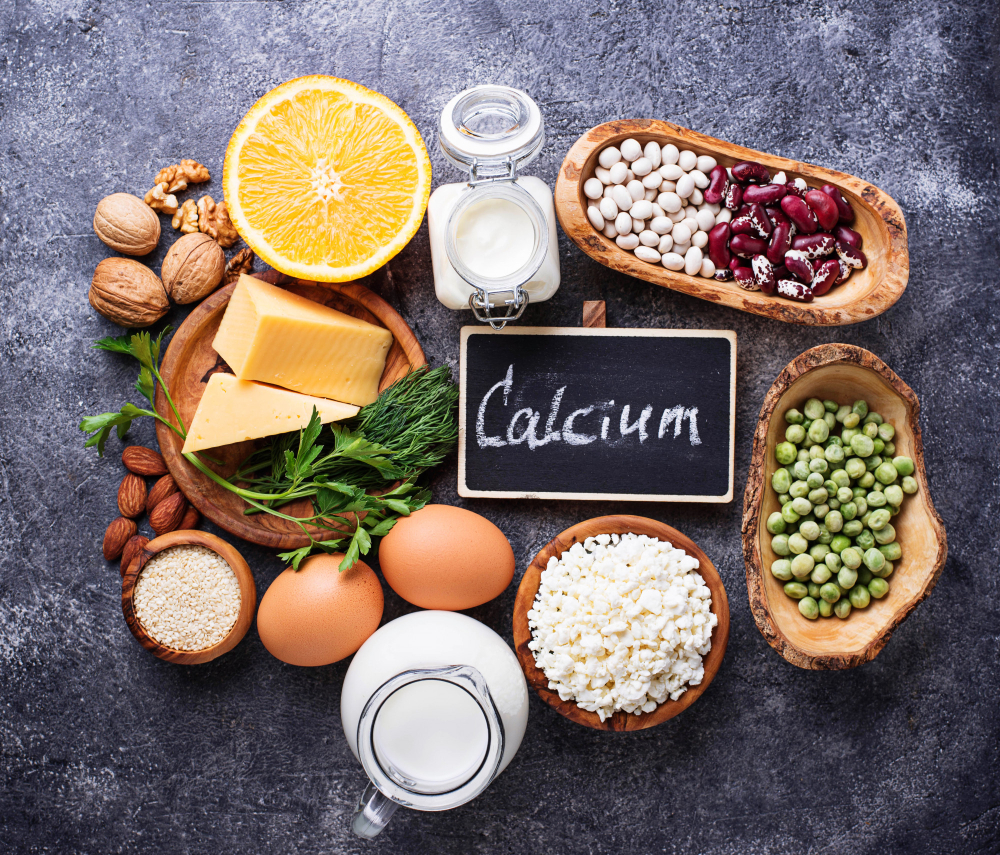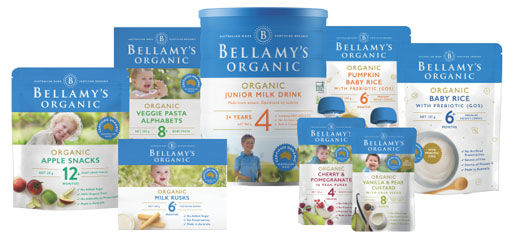Organic Skincare is About More than Cream
It’s hard to imagine the soft, poreless skin on a baby as anything but perfect, yet that delicate covering is also very vulnerable. Newborn skin plays an important role in your baby’s immune system, and in your child’s overall development.
A rash is an early sign that your baby has come into contact with something that irritates them. This could be caused by a number of things, from a chemical in a food to a fragrance in a lotion or simply staying too long in a wet nappy. Baby skincare isn’t just about the lotions you put on it, because there are many things in the environment that can affect it or can permeate it.
Controlling the number of potential irritants in your home is the best way to keep your baby safe.
However, not all harmful substances will produce a rash and the effects of exposure may not be apparent for years to come. While the long-term effects of many modern substances remain untested, many parents find that an organic home and diet is the best option for their children.
Why are babies more vulnerable to potentially harmful chemicals and toxins?
Babies and young children are particularly vulnerable to potentially harmful chemicals and toxins in their environment because of their size, stage of development, and their behaviour. A baby’s skin is also more permeable than an adults, so substances which may be safe for adults may not be safe for young children.
Babies are particularly vulnerable to toxins they ingest. In proportion to their body-weight, babies consume four times more food than adults which leaves them four times more exposed to harmful substances that may be in food.
Unlike adults, babies engage in a lot of hand to mouth behaviour and, as they become more independent, begin playing on the ground. This makes them more vulnerable to chemicals and toxins in their environment. While you may never have wondered about the ingredients of your floor cleaner, it will become more of a concern once your baby starts crawling around on your floors.
Babies are also more vulnerable to airborne chemicals. In proportion to their body-weight, babies inhale twice as much air as adults, which makes them more vulnerable to harmful substances in the air. An air freshener you’ve been using safely for years may be a danger to a new member of your household.
Physiologically babies are also at a disadvantage. Babies and young children not only process more food, air, and fluid relative to their body-weight, but their organs are less efficient in dealing with toxic substances than adults. Damage to developing organs through exposure to toxins can have long-term damage, impeding development and damaging cells, including brain cells and nerve cells.
Keeping your baby safe
It can take years to see the effect of different chemicals on growing bodies. When a baby has had unrestricted exposure to many different chemicals, it can be difficult to pinpoint which toxin caused the damage. Taking sensible precautions in those early years will give you peace of mind and give your child the best start in life.
The best way to eliminate toxins and potentially harmful chemicals from your baby’s environment is to go organic. While an organic lifestyle for adults mainly focuses on the foods we eat, providing an organic environment for babies means looking at their environment as well. This includes the products you use for cleaning, gardening, and even the clothes you buy for your baby.
Following these few simple guidelines will help you create a safer environment for your growing baby.
Bedding choices
Babies can spend up to seventeen hours a day sleeping, so you don’t want them lying on substances which may be harmful to their health. Some of the best options are:
- Organically-grown wool mattress – Organically-grown wool is an excellent bedding for babies. Wool is a natural fire retardant which doesn’t need to be treated with chemicals.
- Organically-grown wool mattress pad – If you’ve already purchased a non-organic mattress, an organic wool mattress pad will help protect your baby from dangerous chemicals.
- Natural rubber mattress – Natural rubber is another option for organic bedding, especially for babies who are allergic to wool.
- Sheets – Organically grown cotton laundered organically is the best option for baby bedding.
Clothing choices
The use of pesticides, insecticides, and fertilisers has made cotton one of the most heavily treated crops in the world. Always look for organic-cotton clothing, especially for singlets, baby suits, and other clothing that will be next to your baby’s skin.
Look for materials made of:
- Organic untreated cotton
- Linen
- Soy
Organic feeding
Organic food sometimes costs a little more, but when you think about how little food babies actually eat, choosing organic foods for your baby won’t add much to your weekly food bill.
You also have to look at what utensils you use to serve your baby food. One of the biggest concerns to parents is bisphenol A (BPA). BPA is used in many plastic products and may affect the brain, behaviour, and overall development in infants. The main exposure to this chemical is through diet when it seeps into food and liquids from plastic containers and utensils.
Stick to:
- Organic baby food
- Glass bottles
- BPA -free plastics (recycling symbol 2 or 5)
Green and clean
Look for organic ways to clean your home, especially on surfaces that your baby will be touching. These include floors, eating utensils, and clothing. There are plenty of organic products available these days as well as the natural homemade cleaning recipes, such as bicarbonate soda and vinegar.
Clean air
When buying air fresheners, look for ones with natural organic scents, not ones made from chemicals.
An organic home renovation
Traditional paints can release potentially harmful toxins and chemicals into the air. If you’re planning a renovation, source out organic paints.
Safe gardens
Your baby will be keen to explore your garden in the coming months. Don’t let your baby’s exposure to pesticides begin in your own backyard. Check that the products you’re applying to your garden are safe for your baby.
Playing it safe
Babies use their mouths to discover the world. A safe teething ring isn’t just one that is large enough to prevent choking. It needs to be made from a plastic that is safe enough to go in a baby’s mouth, so look for BPA-free toys.
Direct application
When choosing products that you’ll apply directly to your baby’s skin, look for organic, natural products which are free from artificial fragrances. These include nappy creams, wipes, shampoo, bath washes and soap. If you have a family history of allergies, try any new products on a small patch of skin and then wait for a few days to see if there is a reaction.
The most important ingredient you can apply to your baby’s skin
The upside of your baby’s delicate skin is a response to human touch. Your soothing, nurturing touch is critical to their development. Research shows that human touch is vital for survival by triggering hormones and boosting immunity. Find a peaceful environment where you can lay your baby on a towel or soft blanket. Warm a small amount of organic ,fragrance-free oil or lotion in your hands, and gently massage your baby’s tummy and back. Massaged babies sleep more, cry less and are generally calmer, so everybody’s happy.
Featured post
-
05 Diet Plans That Are Good For Your Health
31/07/2022
-
Best Times to Sleep for Adults & Children
01/06/2022








